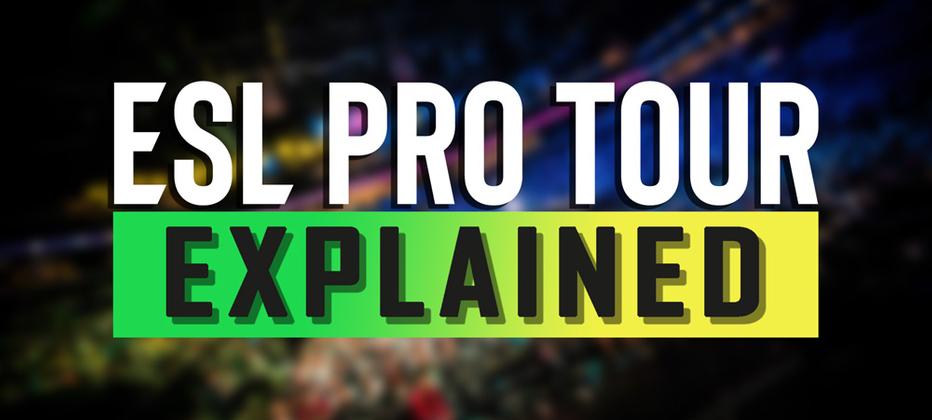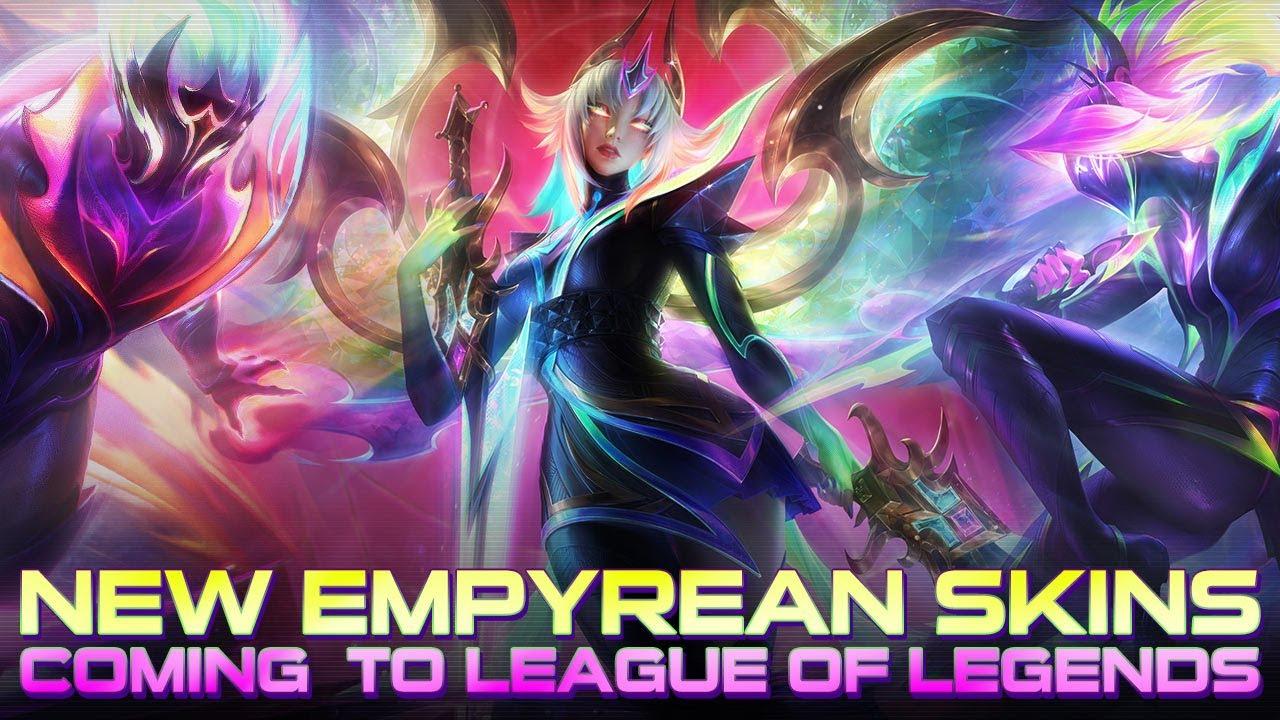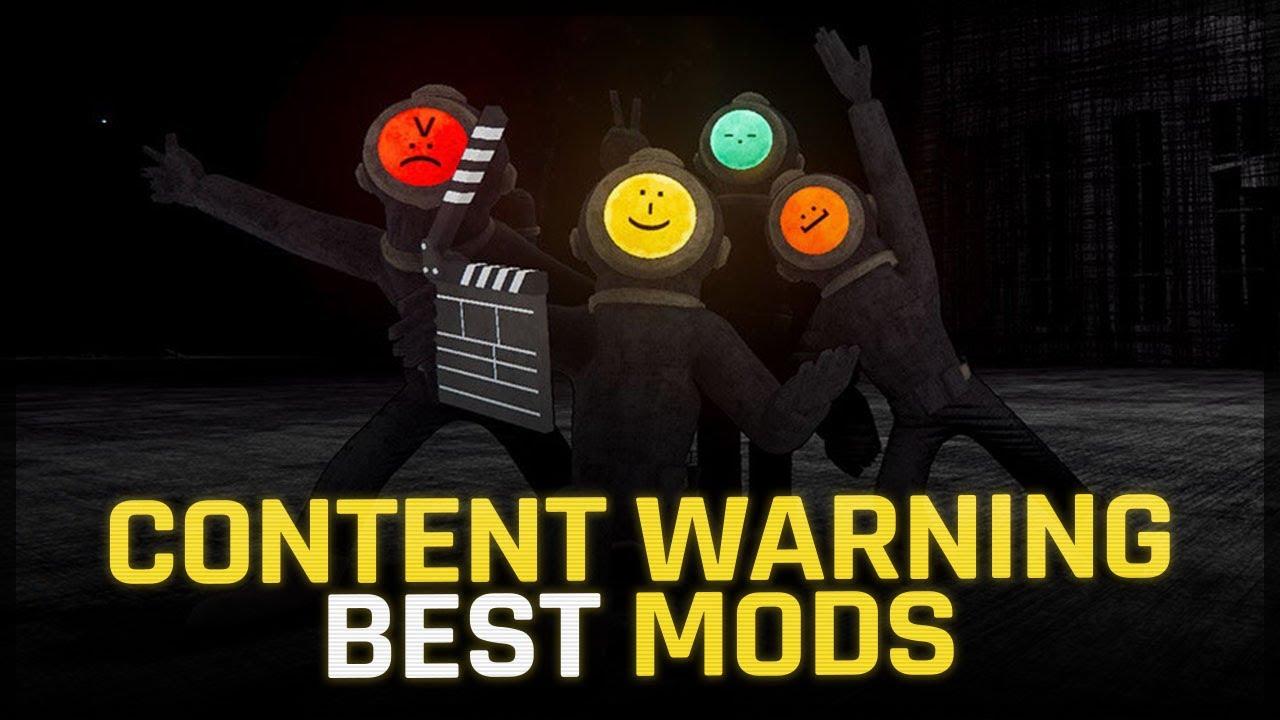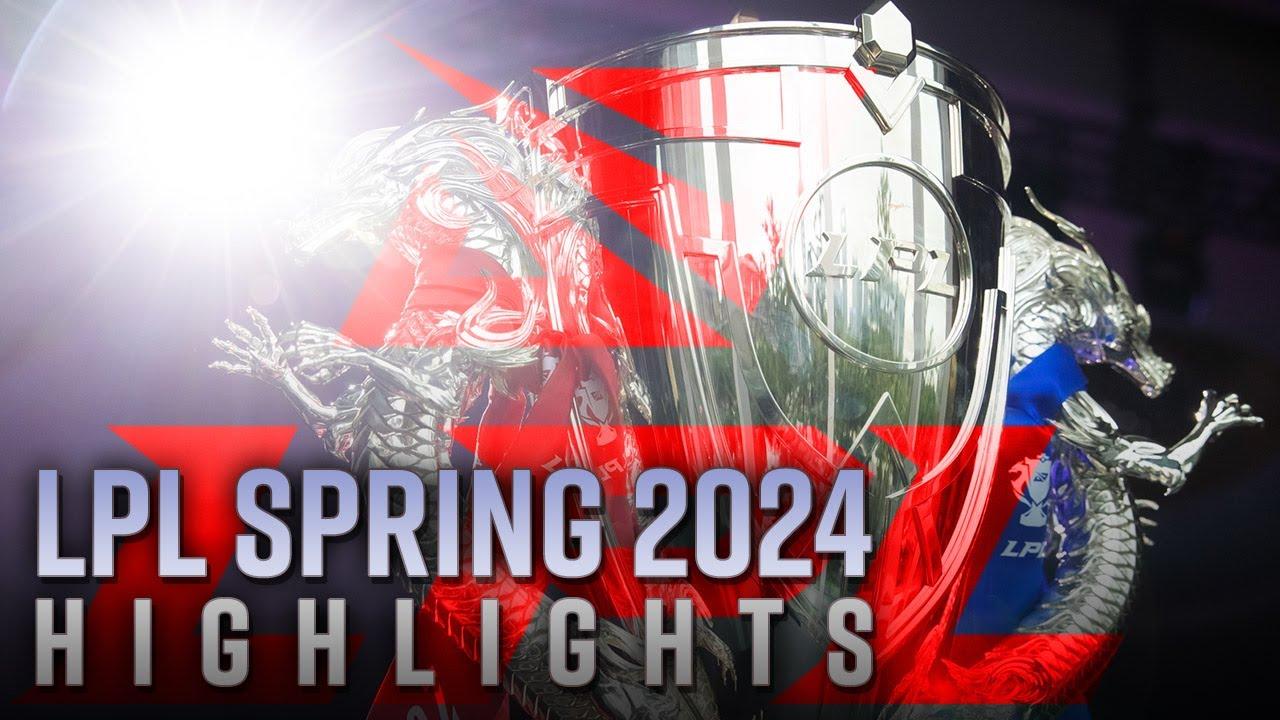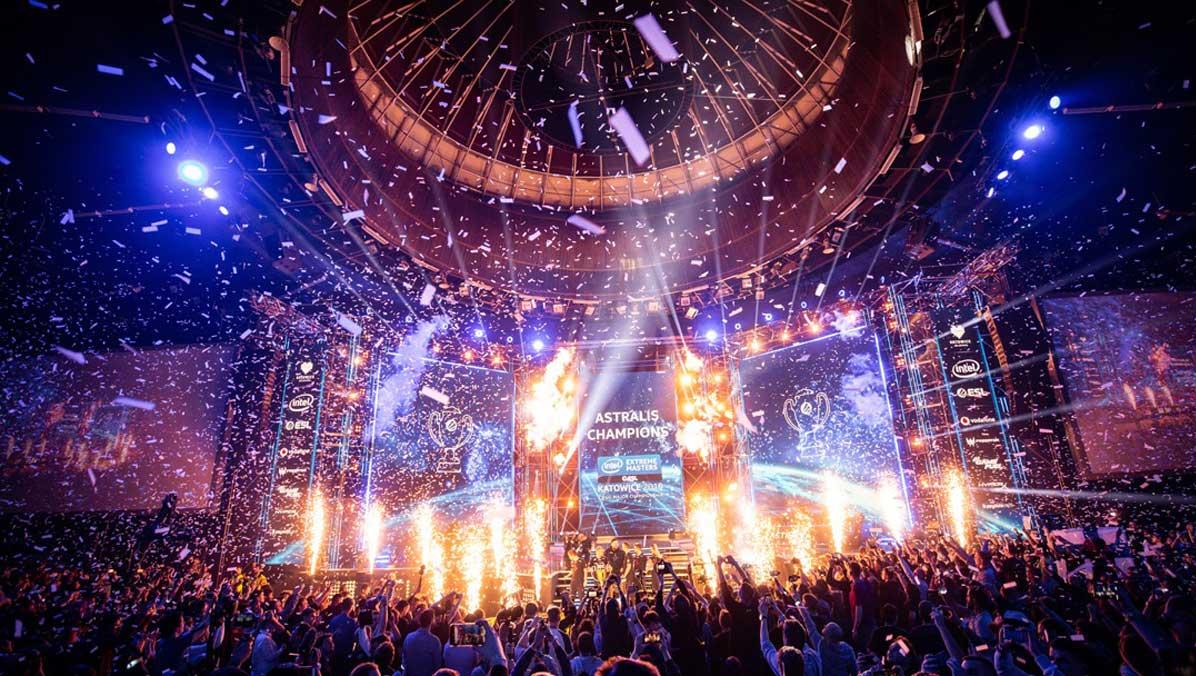
dev1ce admits he pukes from event stress, questions CSGO’s circuit
Counter-Strike: Global Offensive has been a stalwart of esports since the first version of the game was released in 1999, but its open tournament circuit now seems to be causing serious problems for its pro players.
Over the past several weeks, top players including Lukas “gla1ve” Rossander and Andreas “Xyp9x” Højsleth have taken breaks from competitive CSGO. Their reasons are understandable: constant tournaments, hectic travel requirements, and unavoidable stress. Recently, another Astralis player spoke out about the amount of stress that CSGO’s current competitive scene has put on him. Nicolai “dev1ce” Reedtz spoke on how the immense pressure to perform caused him to be physically sick.
In an interview with Danish news organization sport.tv2.dk, dev1ce talked about how he became physically ill after finishing tournaments.
“I still suffer from many of the stress symptoms myself. Every single time we finish a tournament, I have a day [and a] half where I lie and vomit because the adrenaline is dropping,” dev1ce said.
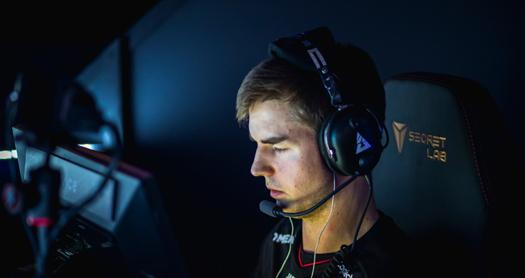
dev1ce’s reaction to the pressure is severe, but not unheard of. While few professional CSGO players have talked openly about the stress that comes along with a strenuous CSGO schedule, many have expressed concern surrounding CSGO’s constant tournament schedule. Team Liquid’s Jonathon “EliGE” Jablonowski spoke about how Liquid had traveled over 200 days over the course of 2019. The pressure and exhaustion, he said, led the team to decline to attend IEM Beijing that year.
“It’s been really hard on [the team] mentally,” EliGE said.
CSGO’s tournament schedule is increasingly crowded
Starting at the beginning of 2020, tournament organizers and the Counter-Strike Professional Players Association began to work towards a more streamlined schedule for CSGO players. Several new leagues appeared, all featuring a structure that allowed for revenue sharing and player input. These leagues, which included FLASHPOINT and a revamped ESL Pro League, aimed to consolidate professional Counter-Strike. But the global situation starting in January 2020 forced many tournaments back online and interrupted these efforts.
The rescheduling of the first CSGO Major of the year, ESL One Rio, didn’t help either. CSGO developer Valve moved the tournament to November and announced that all teams would have to requalify in order to participate. This move added three new tournaments to the CSGO schedule, and they don’t just last for one weekend, either. Valve’s first Regional Ranking tournament, Road to Rio, lasted nearly a month and overlapped with several other tournaments, including DreamHack Masters Spring and BLAST Premier. Due to ESL’s Pro Tour, the organizer’s integrated tournament circuit, participation in DreamHack Masters and other tournaments are essentially mandatory to qualify for some of CSGO’s biggest events of the year.
Want to know more about ESL’s Pro Tour’s new system? Check out our coverage by clicking the image below.
Spots in tournaments such as ESL One Cologne 2020 and IEM Melbourne are determined by points acquired by teams at these smaller tournaments, meaning that players have little option but to strap in and push through. But as fans have seen with Astralis, it looks like these stacked tournaments could be causing more harm than good to CSGO’s exploding esports scene.
Recommended

All maps are now available in CS2, what does it mean?
Poor Inferno players.

Redline creator reveals a sequel skin for CS2
Maybe call it the Orangeline?
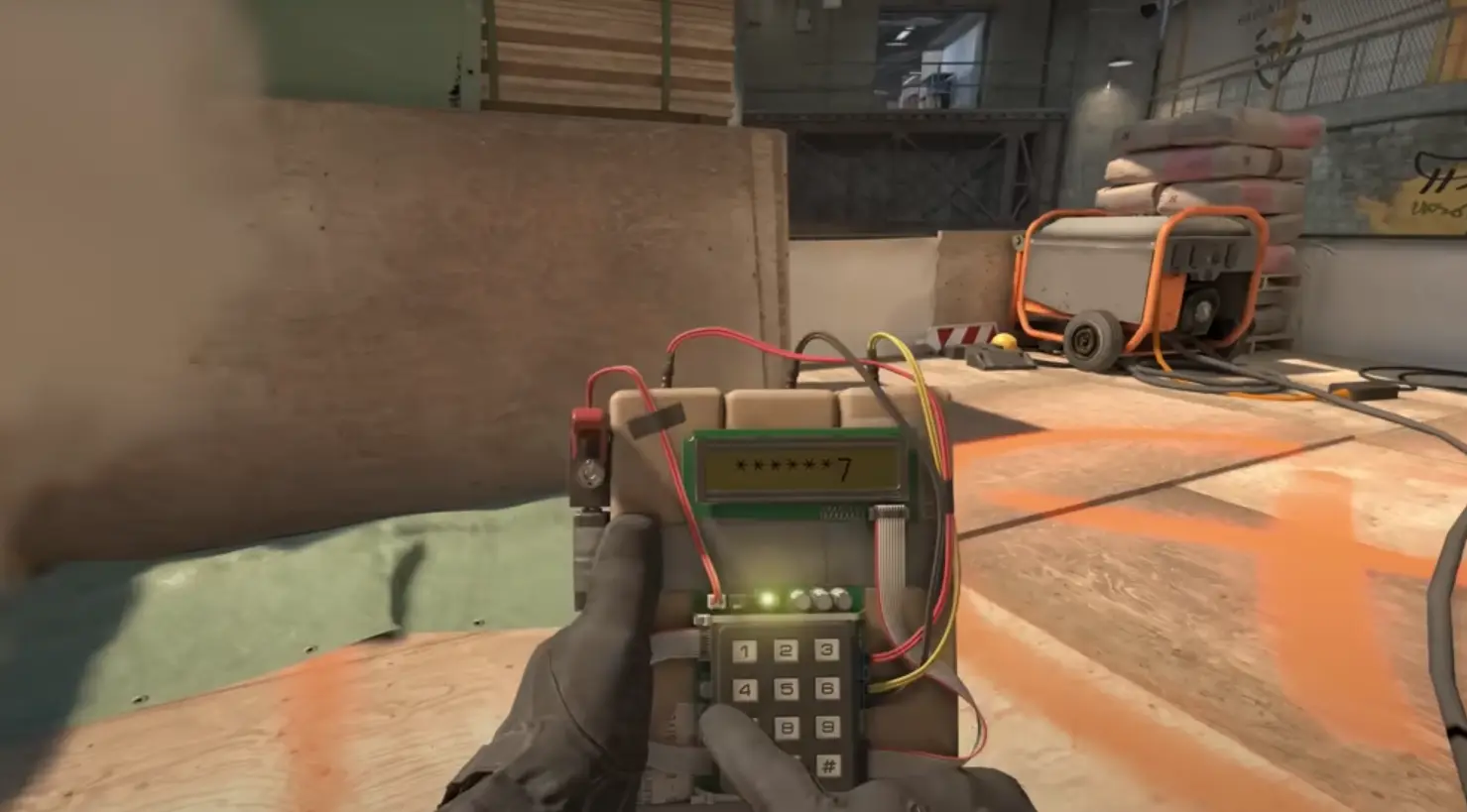
CS2 release date: Everything we know so far
Is it CS2-morrow? No, it is not.

